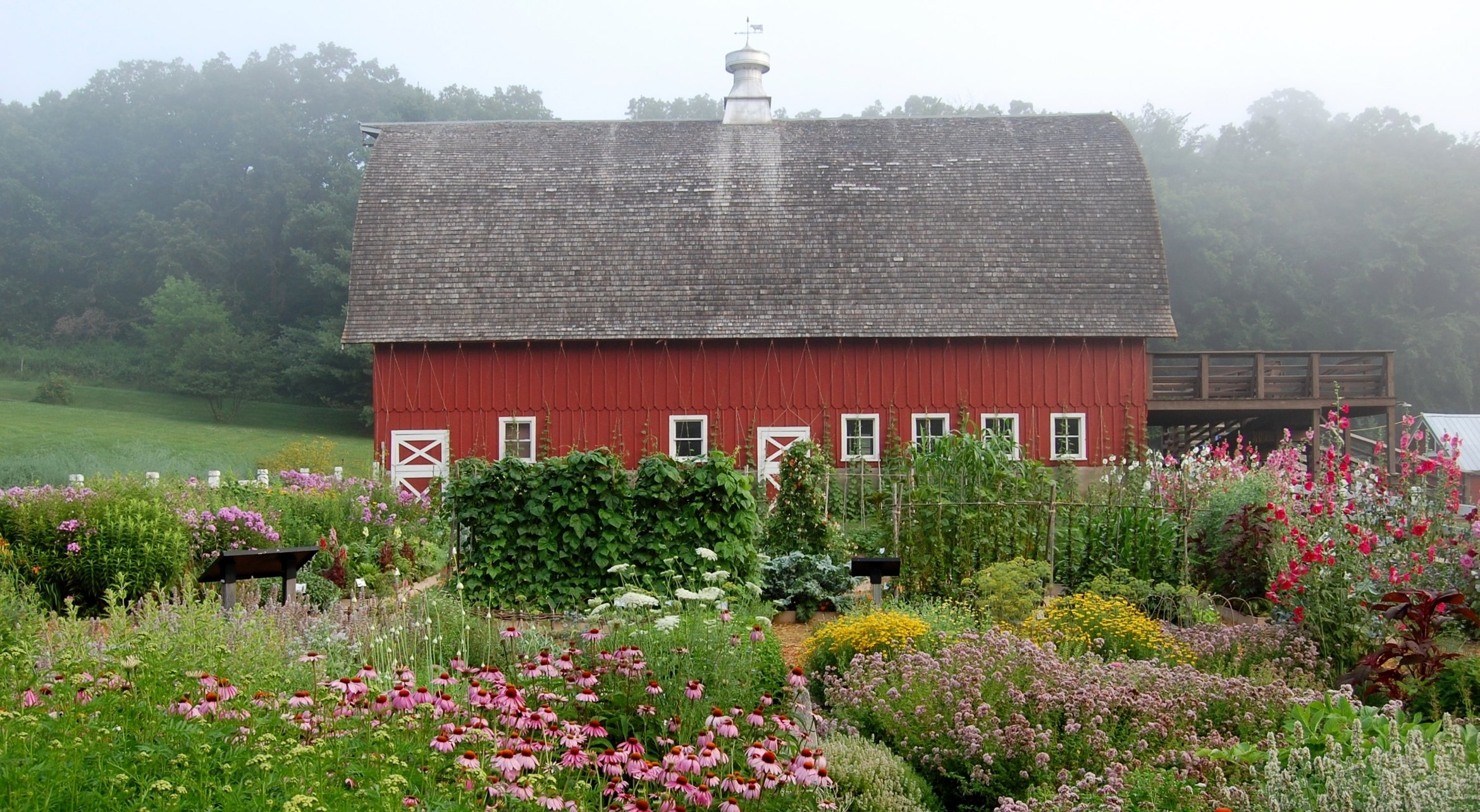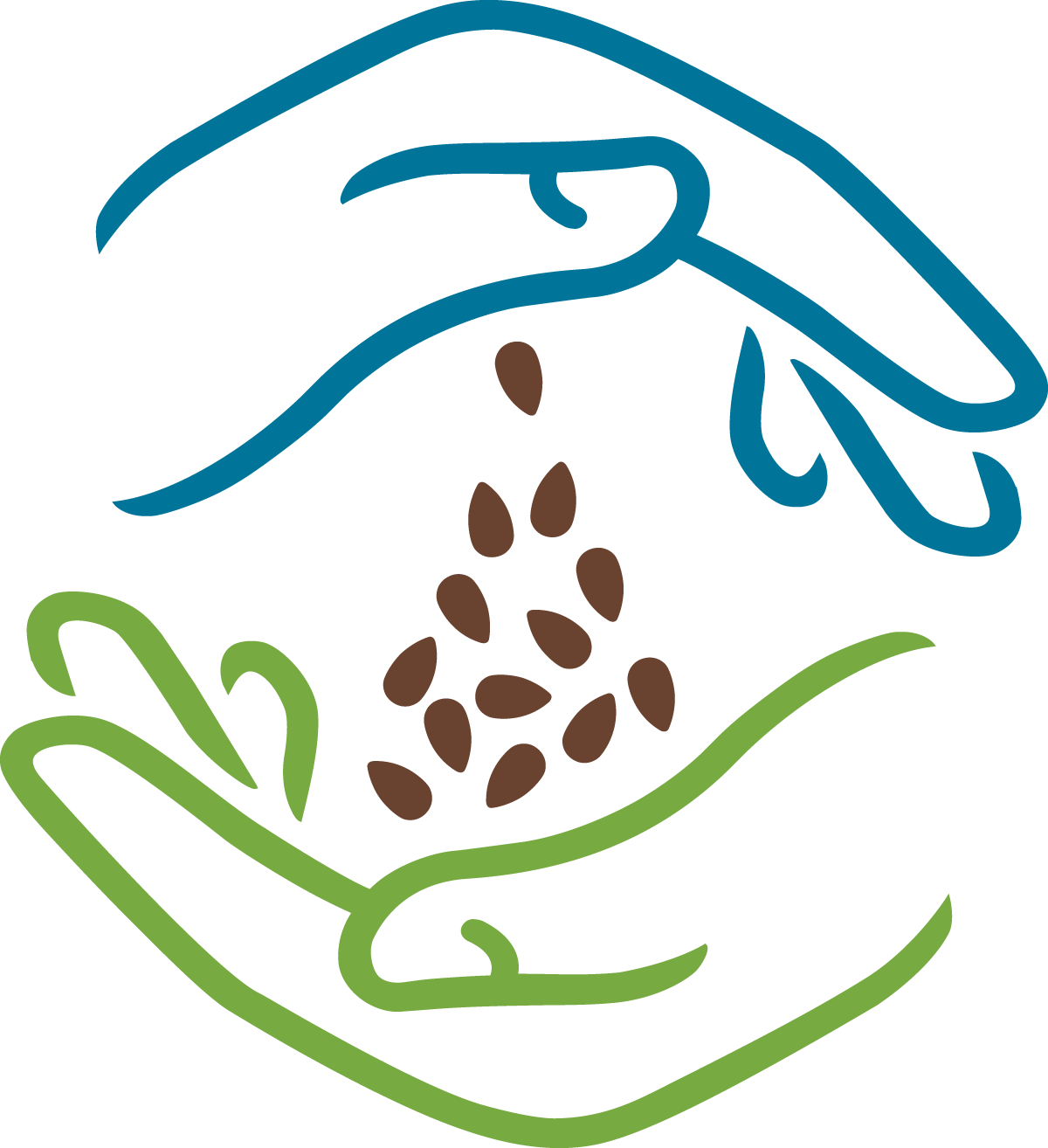2017 Conference & Campout Workshops
/Explore the vast and connected world of seeds at the 2017 Conference & Campout. Seed Savers Exchange staff, along with experts, chefs, seed advocates, and others from across the country will be leading 20+ engaging workshops. We invite you to come along and learn something new about everything from gardening to the inner workings of Seed Savers Exchange to seed saving, food, and beyond! Here’s a sampling of some of the workshops you will encounter.
Introduction to Composting
If you live in an apartment or on a farm, you can compost. Learn composting and vermiculture basics to improve your plants’ health while reducing the waste that you send to the landfill.
The Fermentation Station
For thousands of years, humans have found ways to store food without refrigeration or industrialized preservation. One of those ways is fermentation! Not only does it preserve food, but it supports the vital gut microbiota that aids digestion. Explore some of these unique ferments and their cultural roots, incorporating both forage and garden crops.
Celebrating Garlic Diversity
Discover the tremendous diversity of garlic in the Seed Savers Exchange collection, which includes almost 300 varieties. Take a trip up to the garlic field to learn more about their histories and the physical characteristics that make them unique.
Managing Your Garden for Pests
Identify the relevant “pests” for your garden/region. We will discuss the pests we encounter at Seed Savers Exchange, and prioritize which are truly worth targeting. We'll talk about designing a garden with control (not elimination) in mind. The workshop includes a walk through one of our catalog seed production gardens, where we'll discuss levels of effectiveness of control methods in practice. Ideas from participants will be welcomed/encouraged!
Building a Better Chicken: Choosing Your Best Breeders
So you’ve been keeping chickens and want to take the next step by breeding them? This hands-on demonstration will cover the basics of setting up a breeder flock and which birds are likely to be most productive. Over time, you can make great improvements to your flock and do right by your chosen breed.
Building Basic Garden Structures
An overview of basic structures used in gardens and different materials and ways to construct them. Think trellises, raised beds and fencing. There will also time for questions and answers.
Make Varieties Great Again
This presentation will be a walk through the Seed Savers Exchange Collection with a look at some outstanding varieties. You will learn what truly makes these varieties great, such as their stories and culinary uses.
The Stories Inside Seed Savers Exchange’s 10th Deposit
2017 marks the 10th year of Seed Savers Exchange making deposits to the Svalbard Global Seed Vault. Come learn about SSE’s history of making deposits and about the process of preparing and shipping the seeds, and highlight a handful of variety stories contained within this year's shipment, including the Ausilio pepper.
Isolation and Population Size: Detangled
Knowing what it takes to keep your varieties true-to-type, robust, and adaptable is as essential as knowing how to harvest and process seed. However, isolation and population size requirements are not static, fall along a broad spectrum and are often mind-boggling. This workshop makes an effort to clarify why isolation and population sizes are so important and at the same time, make them less burdensome. For experienced and beginner seed savers.
Unlocking Stories from the Vault
Why does Seed Savers Exchange save stories? Where do they come from? Learn about the origin of the Preservation Collection as seed historians Sara Straate and Katie Gove offer highlights from their ongoing research into SSE's seed bank of stories. From unique family heirlooms to once commonplace historic varieties, SSE is gathering and celebrating those stories today. Discover tips and techniques you can also utilize to collect your own stories.
Wet Seed Processing
The crop has been harvested...now what? This workshop will be a demonstration of seed extraction and fermentation, with a brief discussion on the drying and storage of various wet-seeded crops. Crop types covered include cucumbers, eggplant, ground cherries, melons, peppers, squash, tomatillos, tomatoes, and watermelon.
Dry Seed Processing 101
New to seed saving? Growing a seed crop that's new for you? Learn the basics of processing and saving seeds from dry crops.
From Rare Gems to Ready References: Digging into Garden Literature in SSE's Becker Library
This workshop, located in Seed Savers Exchange's Robert Becker Memorial Library, will introduce visitors to the Library's rare and important works in gardening/agriculture, as well as SSE's resources for historical graphic images.The Library includes over 4,000 books and journal titles, 800 pre-1950 seed catalogs, 1,450 post-1950 seed catalogs, and 350 miscellaneous federal and state governmental ag publications.
Germination Testing
Got some old seeds whose viability you're wondering about? Come to a workshop about how to test germination at home using common household materials. Workshop will include how to read a germ test, methods of breaking seed dormancy, and hands-on practice setting-up and reading your own tests.
Midwest Native Plants - Seed Saving and Propagation
Native plants are critical resources for restoring nature, in our home gardens and landscapes as well as natural areas. Once established, they require little or no watering and are adapted to local conditions. They provide environmental services, such as storing and purifying storm water, reducing flooding and erosion and providing habitat for wildlife, such as insect and bird pollinators. This session will present techniques and highlight differences between seed saving and propagating native species versus food crops.
Planting Seeds from the Arid Southwest
Native Seed SEARCH’s collection of seeds from arid southwestern US and northwestern Mexico are a resource for farmers and gardeners in other regions who are facing climate change. Learn about some of the crop types and varieties you may want to consider as your land grows hotter and dryer, as well as some challenges to adaptation that can prevent success when growing these seeds in a very different locale.
About the Conference & Campout:
When: July 14-16
Where: Heritage Farm at Seed Savers Exchange, Decorah, Iowa
Cost: $195 (adults), $60 Youth (ages 6-13); Children under 6 are free. Meals are included in registration. Lodging options available for additional fees. (Members save 10% - log in to receive discount.)
















